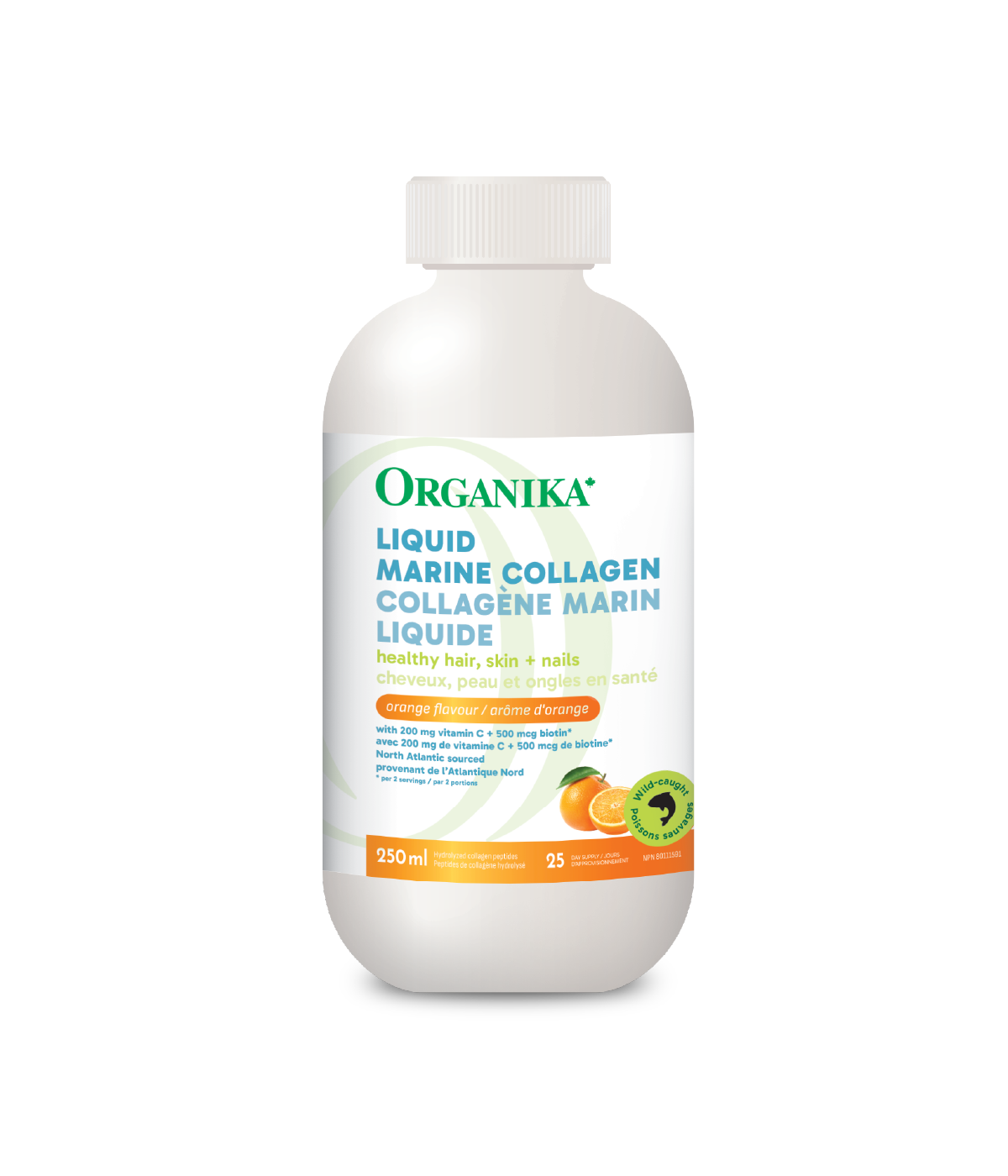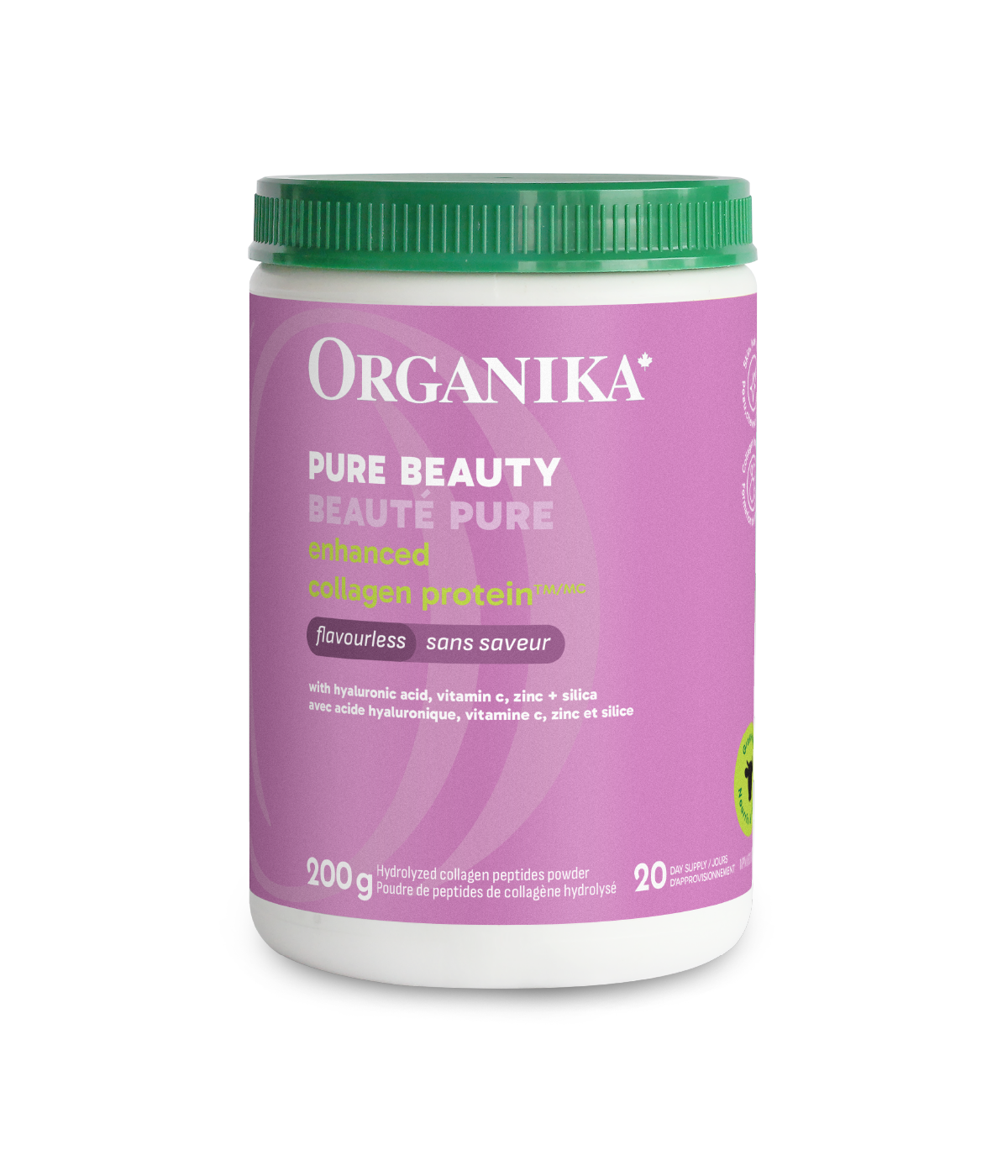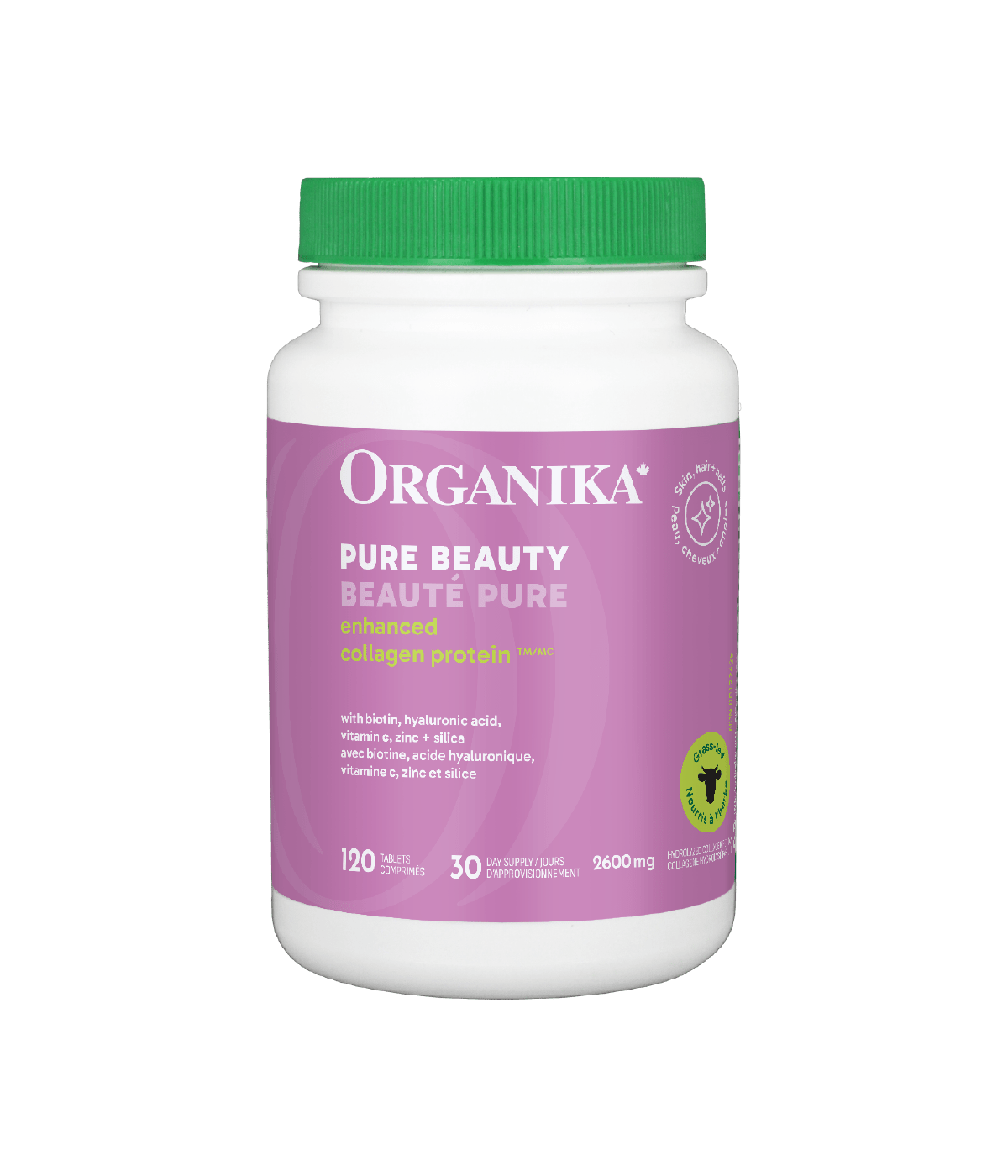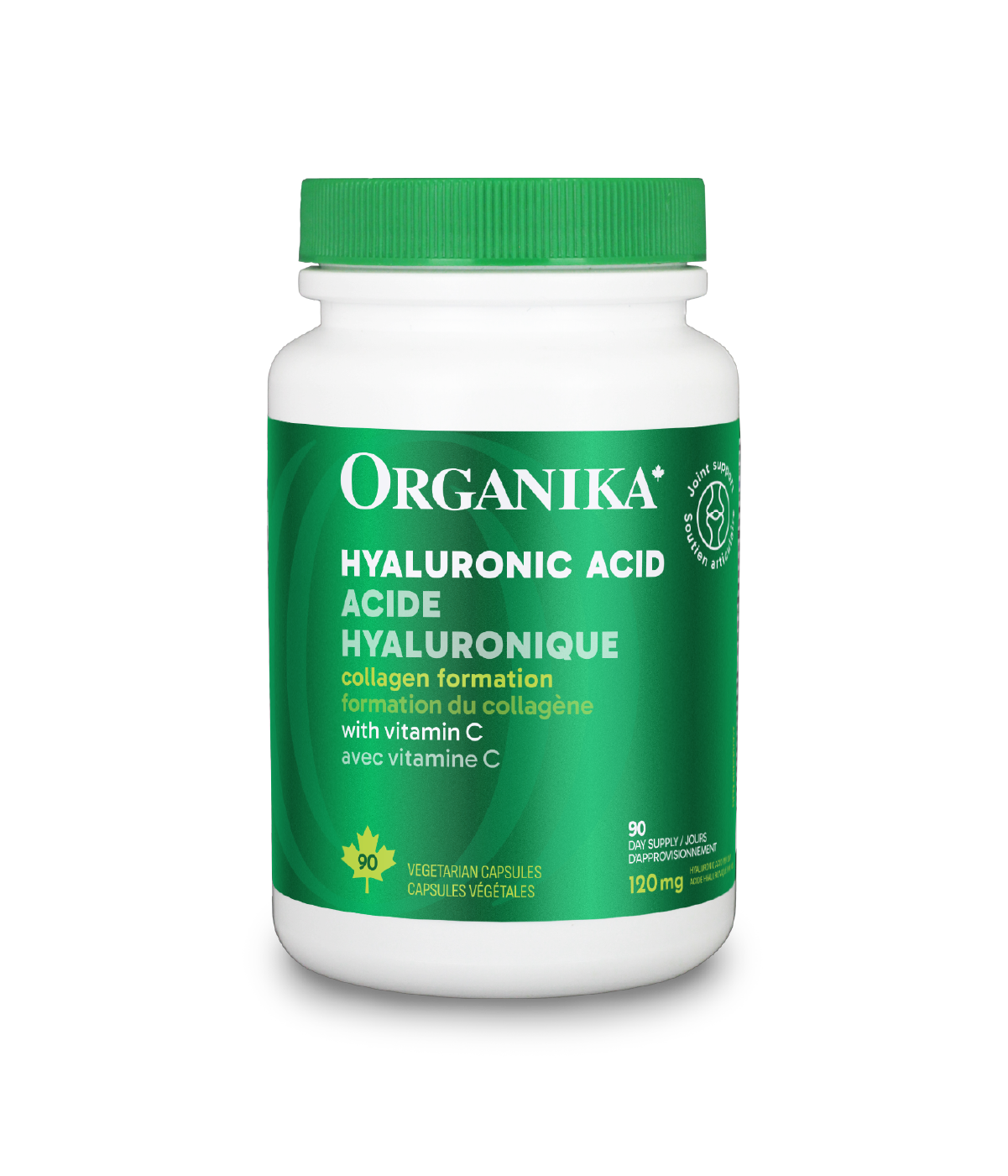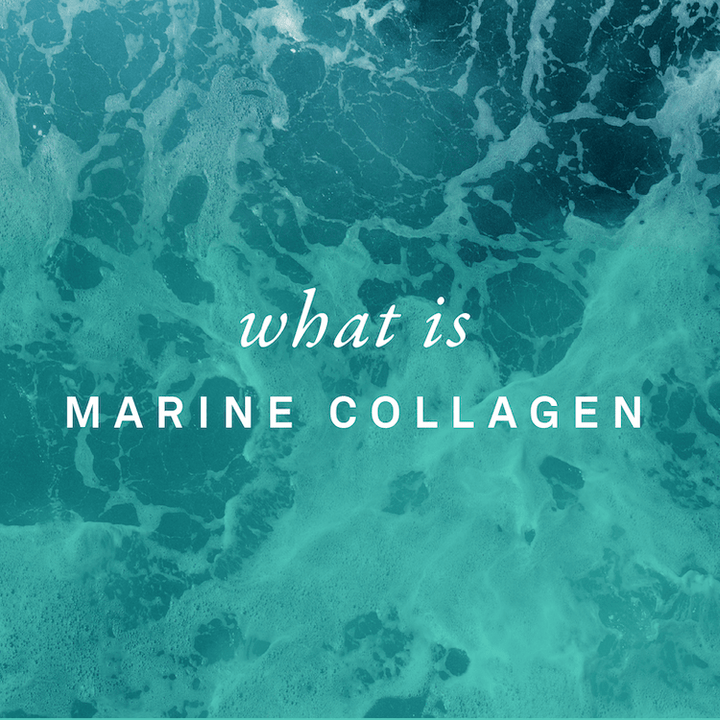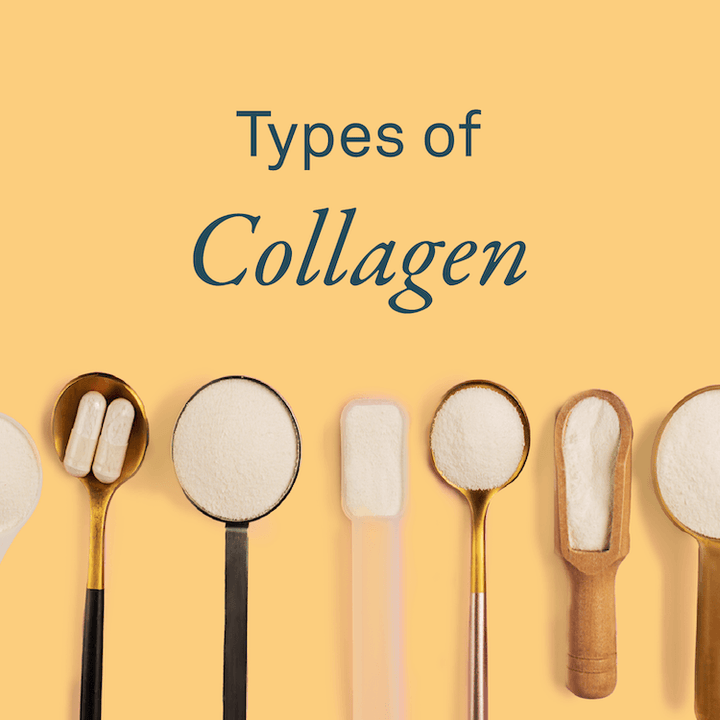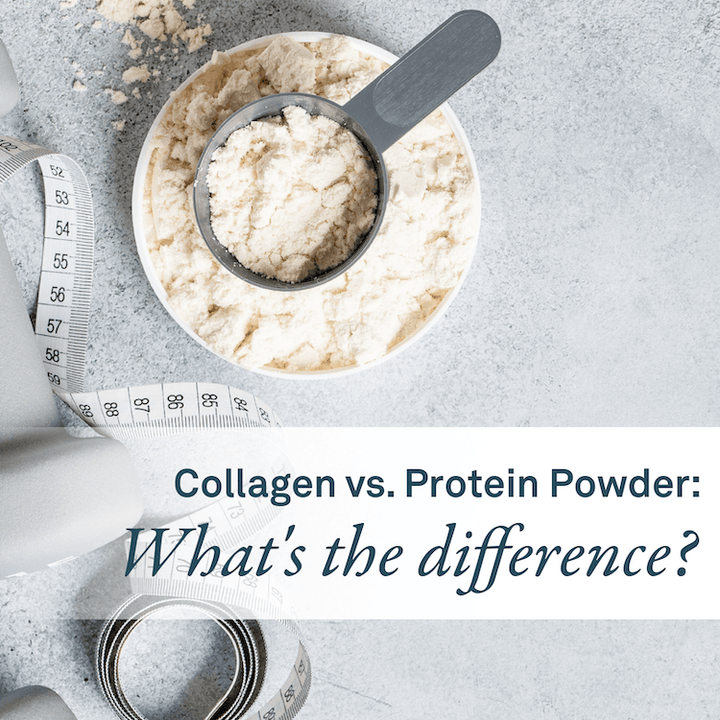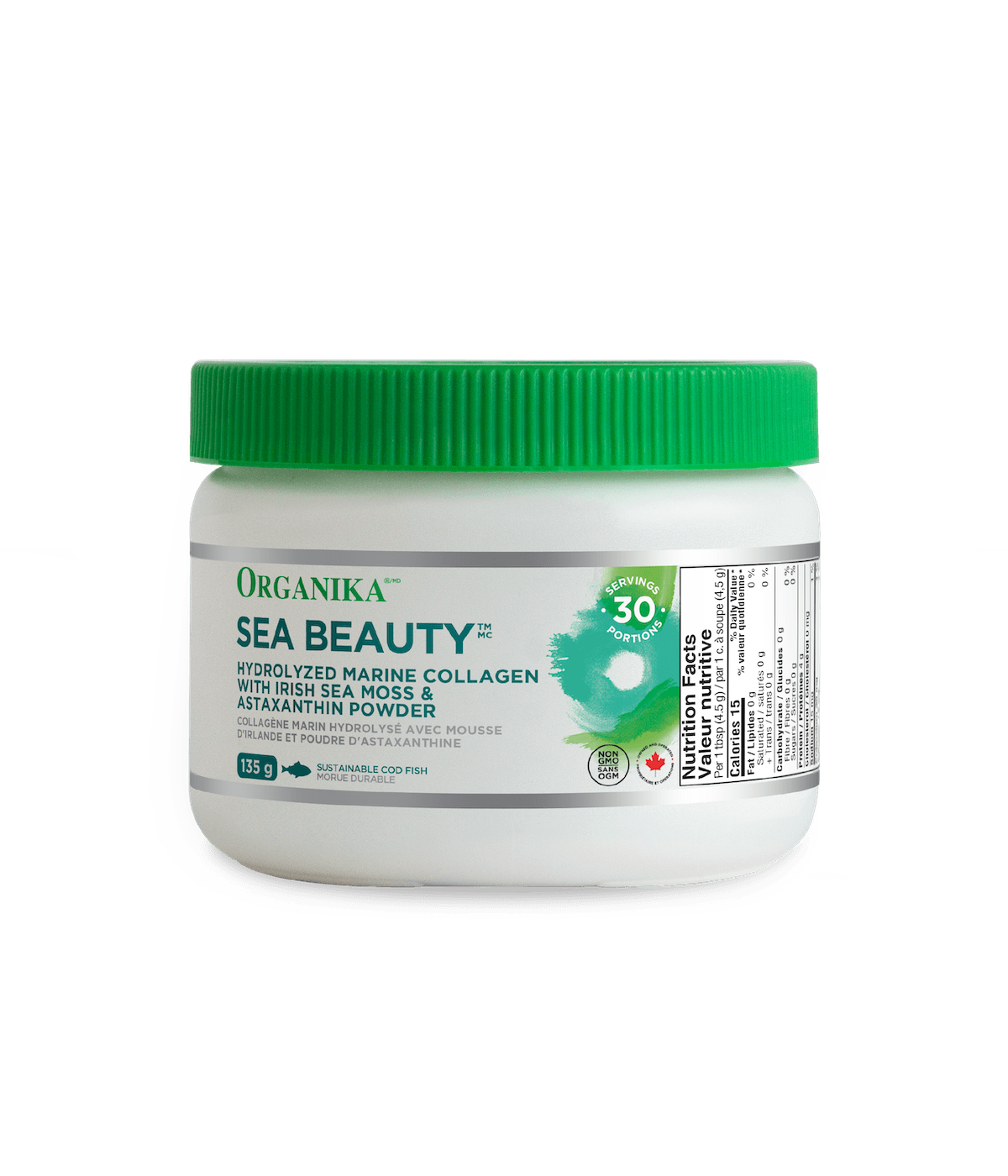
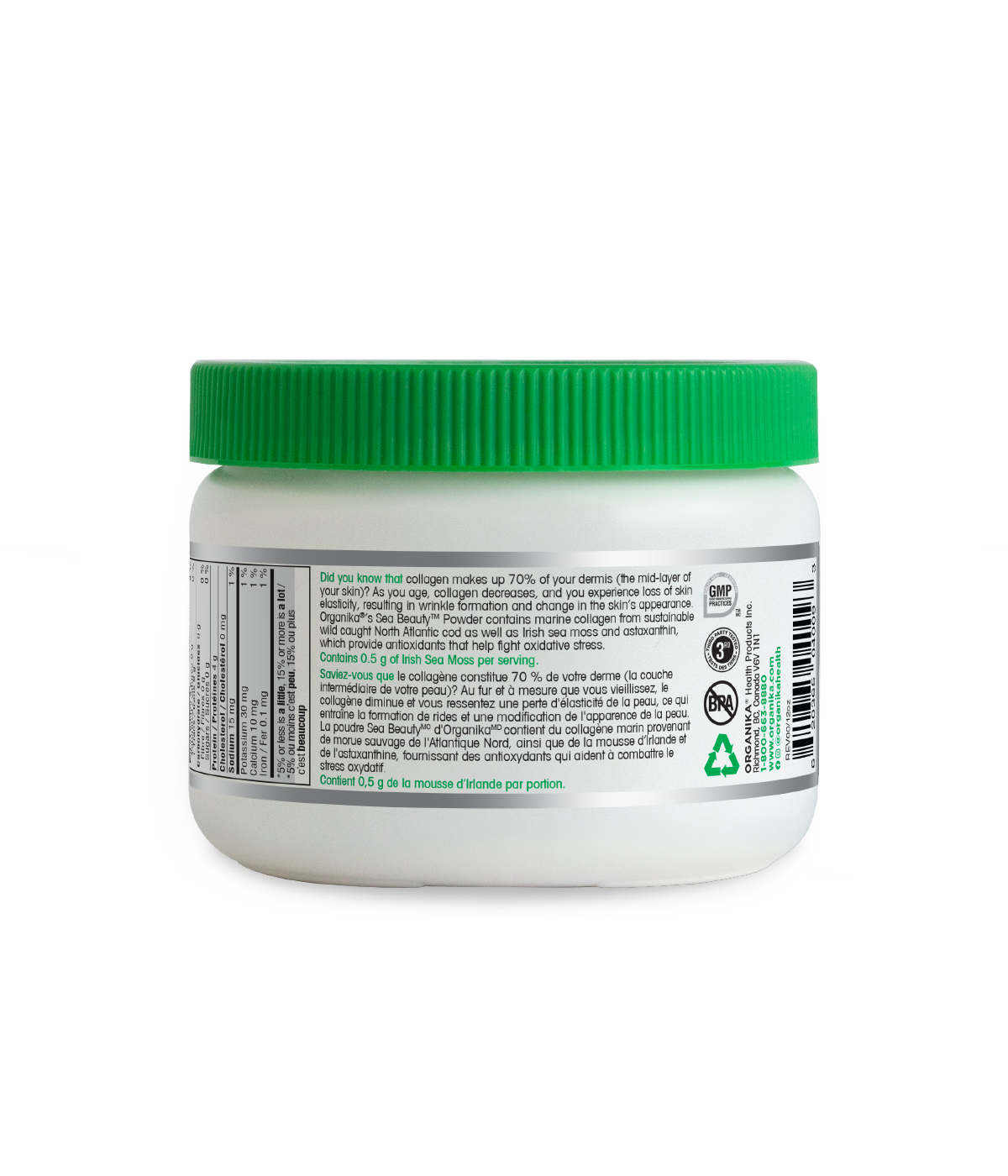
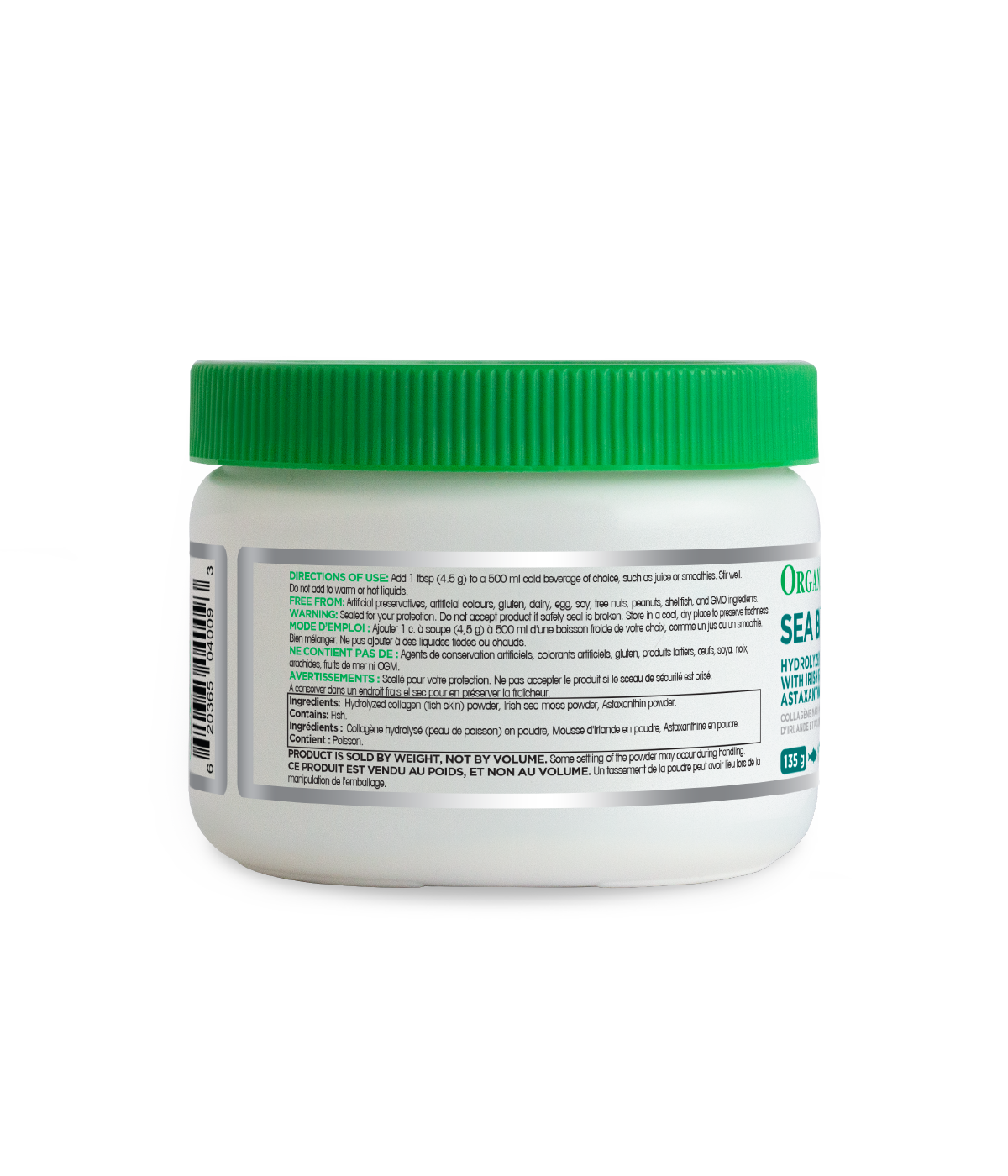
Sea Beauty
Amplifying anti-aging and skin health with marine collagen + sea moss
- Improve skin elasticity and appearance
- Anti-aging support to help prevent fine lines and wrinkles
- Antioxidant support
- 0.5 g of organic Irish Sea Moss per serving
Couldn't load pickup availability



Notify Me When Available
Enter your email and we'll let you know as soon as this product is back
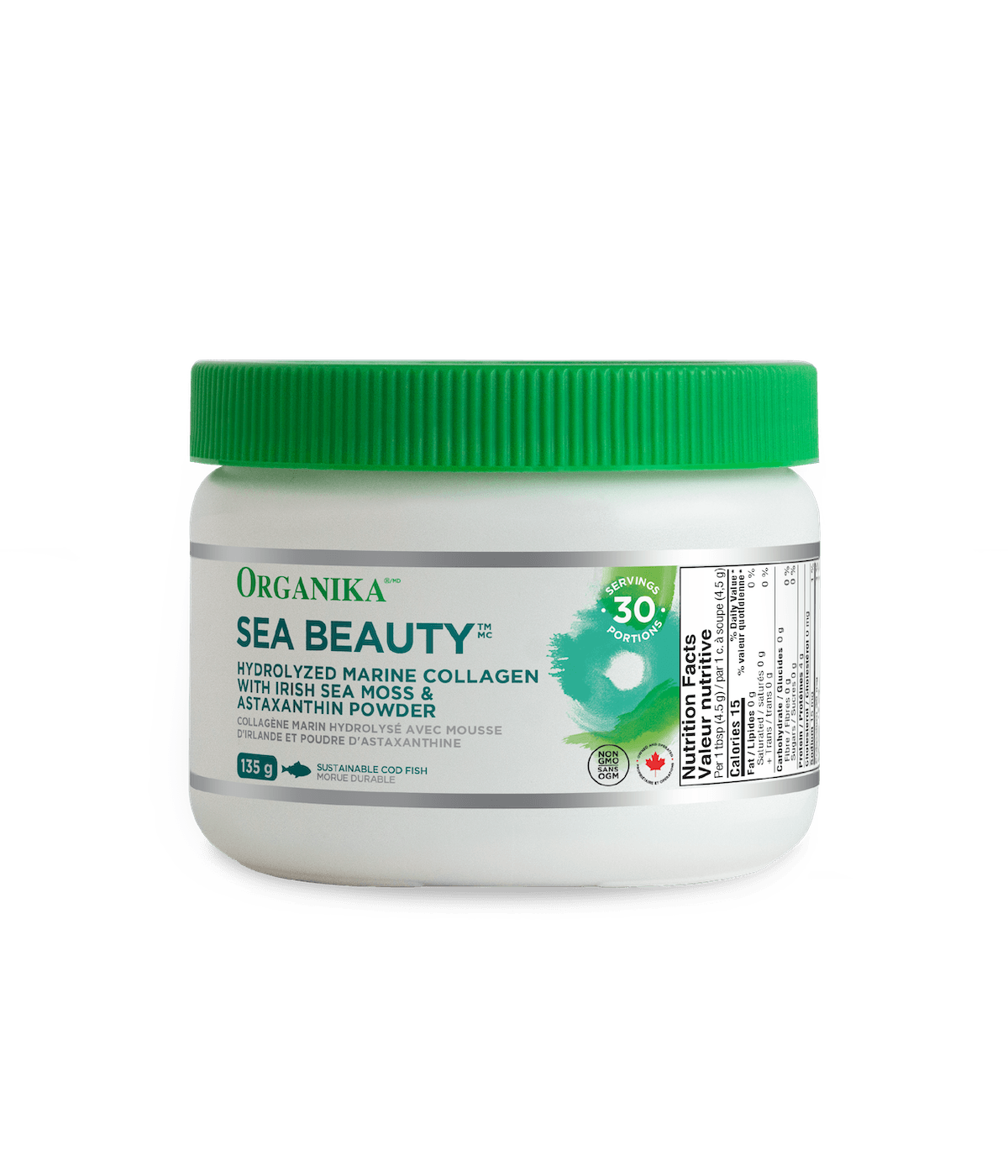
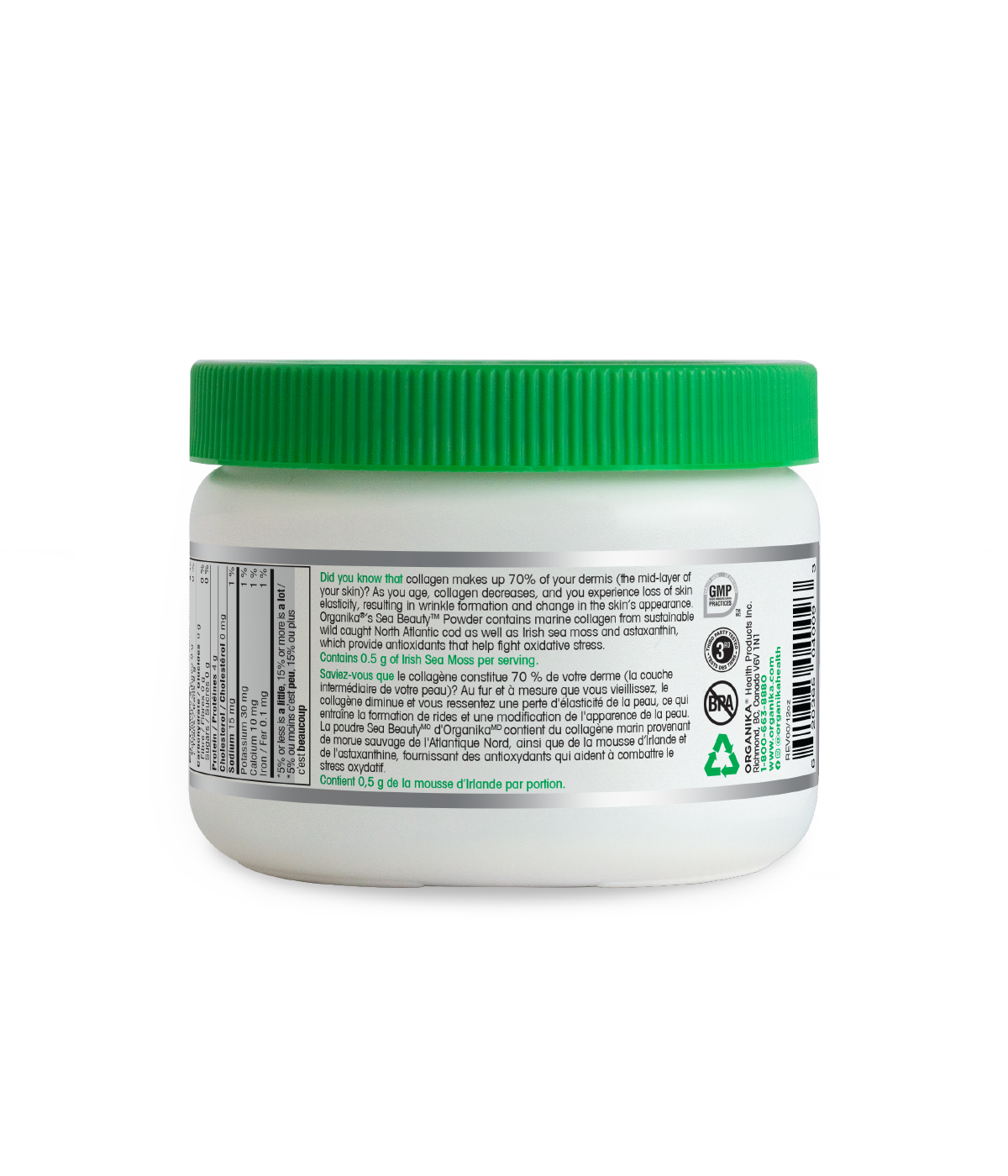
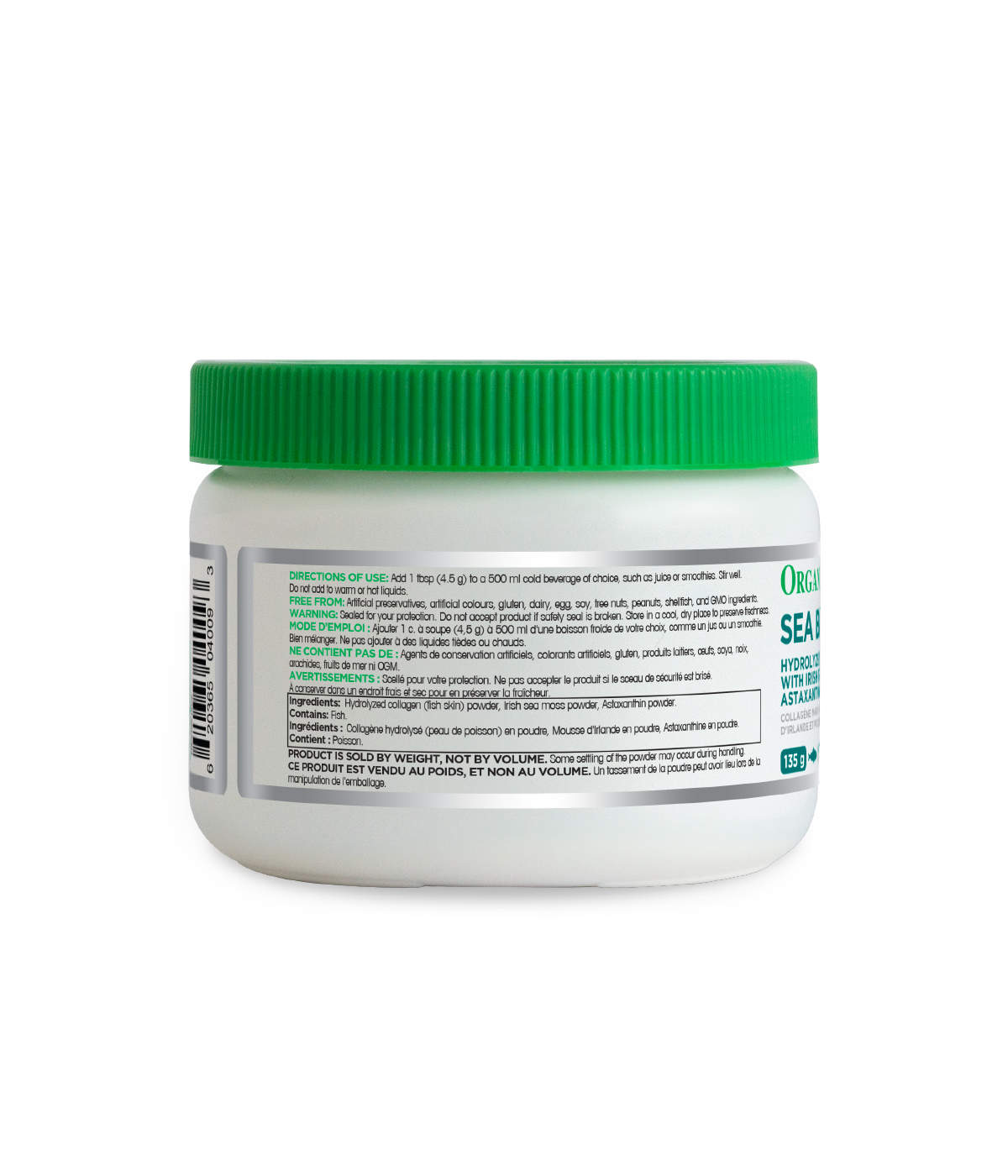



Supplement Facts



Ingredients & Nutrition
MEDICINAL INGREDIENTS: Hydrolyzed collagen (fish skin) powder, Organic Irish Sea moss powder, Astaxanthin powder.
Contains: Fish.
How to Use: Add 1 tablespoon (4.5 g) to your favourite cold beverage. Mixing with warm or hot liquids is not recommended. Be sure to stir well, until dissolved.
Ingredients & Nutrition
Gluten-Free
Soy-Free
Egg-Free
Keto Friendly
No Preservatives
Non-GMO
Dairy-Free
No Artificial Colours or Flavours
A synergistic blend that supports the tissues in your body, especially the skin


The Full Scoop

-
Antioxidant support
-
0.5 g of organic Irish Sea Moss per serving
Organika®’s Sea Beauty™ Powder contains marine collagen as well as sea moss and astaxanthin, all to maximize your beauty goals, your skin elasticity and your skin strength. In addition to enhanced skin health & anti-aging benefits, you get a source of powerful antioxidants to help fight oxidative stress.
Ask Away
We’ve got the FAQs covered. But if you’re still stuck, we’re only a message away.
Get in TouchIs the fish collagen the same source and country of origin as Marine collagen powder?
Yes, we will be using the same marine collagen powder that we sell on its own.
Where exactly is sea moss grown?
North Atlantic Ocean
What is the source of the Astaxanthin powder? And country of origin?
The source is from algae with the country of origin being China.
What is the breakdown in each 4.5 g serving? (How much fish collagen, how much sea moss and how much astaxanthin?)
3.99g of Marine Collagen, .5g of Sea Moss Powder, 0.01g of Astaxanthin Powder
Does this product have a taste to it?
There is a bit of a fish aftertaste, so it is recommended to mix it into smoothies or fruit juices that can help mask the taste.
Can I add to hot beverages or food?
Mixing with warm or hot liquids or food is not recommended.
You'll Likely Also Love...
Liquid Marine Collagen
A liquid alternative to bovine collagen with wild-caught ingredients that smooth skin and strengthen nails.
Enhanced Collagen Protein Pure Beauty
A collagen blend with added beauty benefits for healthier skin, hair and nails
Enhanced Collagen Protein Pure Beauty Tablets
A collagen blend with added beauty benefits for healthier skin, hair and nails—in tablet form
Hyaluronic Acid Capsules
Increases hydration in connective tissues throughout the body
Support Beyond Products
Marine Collagen: Beauty from the Sea You may be seeing marine collagen or hearing about it, but unsure what the difference between that and bovine collagen is, and/or which one you should be consuming. As expected, Marine collagen comes from fish and is rich in Type 1 collagen. The collagen from this source is pescatarian-friendly for those that do not consume bovine (which also has Type 1 collagen). However, there seems to be an ongoing debate over what is the best source of collagen and why some may opt for a marine source. We are diving into all things marine collagen and answering all your questions about it. Where does marine collagen come from? As the name implies, marine collagen comes from the sea – derived from fish scales, bones, and skin. Organika's Marine Collagen powder is sourced from Canada! It comes from the scales of wild-caught cod, pollock and haddock from the North Atlantic. What is marine collagen used for? What are the known benefits? Collagen, in general, is used to help with skin health (specifically with aging skin, wrinkles), stronger hair and nails, as well as promoting joint health. Rich in Type 1 collagen, marine collagen is linked with beauty benefits and tissue repair. Some of the most popular benefits of marine collagen include: Rejuvenated skin Improved skin texture and hydration Fuller and smoother hair Stronger nails Faster-growing hair and nails Reduced cellulite Why do some people prefer marine collagen? Some may consider marine collagen a more sustainable alternative. The fishing industry often has a lot of unused raw materials from the fish they catch, including the fish skins where marine collagen comes from. In that case, marine collagen can be a more comfortable choice as it may seem to offer a more economical and environmentally friendly option for various companies. Consumers may like to see that instead of wasting fish skins, companies can use the excess materials to create other products. Is marine collagen better than bovine collagen? This is the million-dollar question consumers are asking. The truth: although they come from different sources, fundamentally, the type of collagen from both sources is the same. Collagen is a large molecule, so for it to be efficiently absorbed and utilized by the body, it must first be broken down into smaller pieces, which you may have heard of as collagen peptides. Furthermore it must go through a process known as hydrolyzation: natural enzymes break down collagen into the smaller collagen peptides, without the use of heat or chemicals. High bioavailability in a collagen supplement is assured by the size of its peptide molecules, known as the molecular weight. The smaller the molecular weight, the easier it is for collagen peptides to reach the blood stream and be effectively used in the body. Both Organika’s marine and bovine collagen go through these processes for high bioavailability and ease of digestion. The nitty gritty: marine collagen naturally boasts a lower average molecular weight than any other collagen source - Organika's weighs in at an impressively low 2-2.5 kDa, compared to an average 40-45 kDa in most bovine collagens. However, bovine collagen can have a molecular weight comparable to that of marine collagen - all it takes is more rounds of hydrolization. This is how we achieve a molecular size of under 3 kDa for our bovine-sourced Enhanced Collagen Original! So essentially, what it comes down to is personal preference and dietary restrictions. It can also be beneficial to combine a variety of collagen supplements (bovine, bone broth, marine and even poultry-sourced collagen) for optimal health. Want options for Marine collagen? There is something for everyone – whether you prefer powder, capsules, liquid, or a water enhancer – there is a collagen option for you. Marine Collagen PowderHigh in type 1 collagen, which is essential for maintaining skin, hair and nail health. Hydrolyzed for easy digestion, our marine collagen powder is also tasteless, easily mixing into beverages or foods. Salmon Collagen Capsules Convenient capsules more your thing? Try our Salmon Collagen Capsules. Because they're higher in omega-3 fatty acids, in addition to beauty health you get support with joint pain associated with osteoarthritis. Note: some people prefer salmon capsules for marine collagen because of the omega-3s that have added skin and arthritis benefits. Liquid Marine Collagen If you prefer liquid or flavoured (with orange), you must try this beauty elixir. Made with marine collagen, 200 mg Vitamin C, and 500 mcg biotin, you are getting the ultimate beauty benefits. Effervess A convenient source of marine collagen and vitamin C in a fizzy tablet that will give your water (and your skin) a makeover. Enjoy a variety of flavours: Kiwi, Cranberry, Rose, Lavender and Honey Peach The contents of this article have been fact-checked and reviewed by Registered Holistic Nutritionists.
read moreThere’s different types of collagen? Collagen has become the talk of the health industry, fitness industry as well as the beauty industry. Why? It’s an important protein. In fact, it is the most abundant protein in your body, making up 30% of your protein mass.[1] Collagen is found in our bones, connective tissues (joints, ligaments, and cartilages), muscles, hair, skin, nails and even our blood vessels. Though important for many reasons, collagen’s primary function is strength and structure. Think of it as the glue that holds your body together. Collagen peptides are what give your skin elasticity, shape, and structure in joints. Now you may understand why there are various types of collagen (16 to be exact). Regarding supplements, the most talked about types of collagen are type 1, 2, and 3. Collagen supplements come in various forms of either hydrolyzed collagen (collagen peptides, collagen powder, collagen capsules or liquid form), gelatin or undenatured collagen. Hydrolyzed collagen peptides seem to be the easiest for the body to absorb and use. Type 1 Collagen Where is it found? Type 1 collagen is found in our hair, skin and nails and is the most abundant type of collagen in our body, making up around 90%. Type 1 collagen also can be found in our bones – making up around 40% of our bone matrix as well as in our ligaments. Sources of Type 1 collagen include marine and bovine collagen. What does it do? Type 1 collagen is essential when it comes to the beauty benefits of Collagen as it is what is responsible for our skin elasticity, strength and helps with anti-aging. Cellulite is a loss of elasticity in our skin and type 1 collagen plays a significant role in that. Products with Type 1 Collagen Peptides All our Enhanced Collagen products contain Type 1 and 3 collagen, sourced from grass-fed bovine with no hormones or antibiotics Marine Collagen Powder made from fish scales containing only Type 1 collagen Liquid Marine Collagen with Biotin and Vitamin C is marine collagen in liquid form with beauty-boosting ingredients Salmon Collagen Capsules derived from the skin of wild salmon, rich in Type 1 collagen only Effervess tablets made with marine collagen and vitamin C Beef Bone Broth rich in Types 1 & 3 collagen Type 2 Collagen Where is it found? Type 2 Collagen is what we find in our connective tissues – think joints, ligaments, and cartilage. Chicken is known to have a very high amount of type 2 collagen in it. What does it do? Type 2 collagen is what is responsible for maintaining the structure of our bones and cartilage. When we have a loss of collagen in our body (it naturally decreases as we age and is affected by smoking or UV light exposure), cartilage and ligaments start to weaken and break down, leading to damage and osteoarthritis. Products with Type 2 Collagen Peptides Biocell Collagen derived from chicken cartilage (sternum) rich in type 2 collagen, with added hyaluronic acid and chondroitin sulfate for optimal joint health Chicken Bone Broth has type 2 collagen as well as essential glycosaminoglycans (GAG’s) to help with connective tissue Type 3 Collagen Where is it found? Type 3 collagen is also an abundant form of protein found in our body and found alongside type 1 collagen fibers. It is in the reticular fibers in the body. Those reticular fibers are your bones, muscles, organs, blood vessels, dentin, tendons as well as some other connective tissues. What does it do? Type 3 collagen alongside type 1 collagen is essential for improving the elasticity in our skin, anti-aging, improved circulation, healthy bone matrix, healthy nails and thicker hair. Products with Type 3 Collagen Peptides Enhanced Collagen is the #1 selling Collagen Powder in Canada* and made with grass-fed bovine, antibiotic and hormone free, offering both type 1 and 3 hydrolyzed collagen peptides. Try any of our products with Enhanced Collagen Beef Bone Broth: Excellent source of type 3 collagen! Rich in essential minerals and GAG’s known to contain Hyaluronic acid, chondroitin, and glucosamine What Types of Collagen Do You Need? Now that you know the various types of collagens, you may be wondering which one to use. 1. Let’s start with sourcing the best types to consume. Collagen (all types) is a large molecule, so start by choosing supplements that have gone through hydrolyzation. Look for hydrolyzed collagen peptides for optimal absorption. 2. Next, choose your collagen supplement based on what your health needs are, what benefits you would like to see and how each type of collagen can help your body overall. a) Are you focused on beauty and bone and joint health – you may want types 1 and 3 b) If you are only focused on joints and ligaments – you may want bone broths that are rich in Type 2 3. Third, choose the one that suits your lifestyle best. Do you prefer powder (to mix into your choice of beverages or water), capsules, or liquid? If you feel you want to supplement with all three types of collagen, that is acceptable. With collagen consumption you are also getting an intake of 17 other types of amino acids that are beneficial as well. “If you are looking for an overall collagen 1-5, combine Full Spectrum and the Vegetarian Collagen capsules. Enhanced Collagen is great because it has type 1 and 3. Type 1 for hair, skin, nails bones etc. Type 3 is great to support the gut health. I would suggest type 2 collagen for those who are looking to specifically support joints/inflammation.” Stephanie Lannon, R.H.N. and Wellness Educator Supplementing with Full Spectrum Collagen This is a plentiful form of Types 1, 2, 3 collagen and can keep muscles and tendons together and even rebuild your cartilage, helping to fight the symptoms of arthritis. “With age, collagen formation declines naturally, leading to a loss of elasticity, strength, and tone throughout the body. Organika’s Full Spectrum Collagen provides you with Bovine Collagen types 1 & 3 (giving you thick hair, strong nails, supple skin, healthy joints, as well as supporting a healthy digestive tract), Marine Collagen Type 1 (supports fuller hair, stronger nails, and youthful skin), and Chicken Bone Broth Type 2 Collagen (naturally high in hyaluronic acid and glycosaminoglycans that help build strong joints and connective tissues).” - Joleen Gruber, R.H.N. and National Educator. Want to choose collagen but are vegetarian or vegan? If you are vegan, we have a Plant-Based Collagen Booster for those wanting to simply increase their own collagen production. For vegetarians we also carry Vegetarian Collagen made from natural eggshell membranes (contains type 1 collagen and others). What Do the Experts Say About Collagen Types? Resident experts Joleen Gruber, R.H.N. & National Educator, and Stephanie Lannon, R.H.N. & Wellness Educator, weigh in on commonly asked questions about collagen, types of collagen and consuming collagen peptides. Should one be aiming for all types through their diet? Is Type 1 and 3 enough? It really depends on the desired benefits/needs. Enhanced collagen type 1 and 3 (Enhanced Collagen) is suitable for most (except for pescatarian/vegetarian/vegan or opposed to taking bovine). Once you know what you would like to get out of collagen then you can select your product. While it’s not necessary to aim for all of them, it is fine to consume all as they serve different areas of the body. What advice do you have for people that are solely marine or Type 1 collagen? Change it up and add different types of collagen to fill in the gaps (joint health, hair, skin, nails, cartilage) because as we age collagen is declining from all areas of the body. If, however, you do only want to focus on the beauty benefits and have little to no joint concerns, it is perfectly fine to go for solely Marine or Type 1 collagen (for which we have options as well). What are the products you typically recommend for someone looking for each type of collagen? The beauty of collagen is the fact it is customizable to each person’s lifestyle. Enhanced Collagen is great place to start and is Canada’s #1 collagen powder as it has type 1 and 3 and is a great collagen for those who are looking for skin, hair, nails, joints, gut support, muscles etc. There are also blends that offer added benefits; for example, better sleep (Enhanced Collagen Sleep), energy (Enhanced Collagen Vitality) etc. For pescatarians, then Marine Collagen may be best. For older adults, or if you truly want a range of collagen, they can either go with a Full Spectrum Collagen or Vegetarian Collagen capsules. Full Spectrum Collagen has type 1, 2 and 3. Vegetarian Collagen (eggshell membrane) that includes type 1,4 and 5 collagen. Both can be combined with our Full spectrum Collagen to get all 5 collagens. For busy bees, you may want to try Liquid Enhanced Collagen as taking a shot a day may be easier than finding an opportunity to make a drink or meal using the powder form. Is there a maximum amount of collagen per day that is recommended/suggested? There is no upper limit for collagen. However, usually between 2.5 g to 15 g per serving is sufficient to reap the benefits. Our body absorbs everything better if it is spread throughout the day There is not a maximum level per se, if you consume too much, your body will just burn the excess as fuel, or you may experience gastrointestinal disturbances. Note: Remember collagen is a protein (though not a full protein) and will contribute to the amount of protein getting elsewhere. Therefore, the amount you can consume may vary. If you are an athlete, then the amount of protein/collagen you can consume may be up to 25 g per day. It’s best to speak to a nutritionist to ensure you are getting a collective amount of protein that is within the suggested amount your body needs. Have more questions? Talk to our experts about product recommendations.
read moreWhat’s the difference? Which one do I need? The word collagen and protein do go together, but there is sometimes confusion around if they are the same thing.They are indeed different. They both cannot be consumed for the same reason; they serve different purposes. Let’s dive in... Collagen vs. Protein Powder Although collagen is a protein, it is not a complete protein. That means collagen does not have all the nine essential amino acids (the building blocks of protein). Protein powders serve the purpose of being consumed as part of your daily protein intake; therefore, it is a complete protein. Collagen serves a specific function, hence it contains specific amino acids, such as glycine and proline. What does that mean? It means, collagen isn’t consumed for the same purpose as protein powder. It is taken specifically as a function/benefit to replenish the lost collagen in the body. Whereas protein powder counts towards your daily macronutrients. Both are important. Why Use Collagen Powder Collagen is the most abundant protein found in the human body, in fact, there are multiple types of collagen. It is a structural protein that allows your skin to have elasticity, muscles to have buoyancy, joints and connective tissues to have flexibility, hair to have strength. However, as you age the amount of collagen your body produces and has decreases. That is why collagen supplementation is key. You cannot get enough amino acids to make more collagen from the conventional ways of eating protein. This is because collagen resides in ligaments, skin, bones, cartilage, and tendons... which are not consumed regularly. Also, it’s unlikely that you will consume enough glycine, for example, for your body to synthesize new collagen on its own. When to use collagen or protein powder If you are looking to increase your protein intake, build muscle mass, you may want to add protein powders into smoothies or recipes to help you reach your macronutrient goals. However, if you are not in that boat, you may not need to supplement with all the amino acids to rebuild new muscle. If you want to improve your joints, muscle recovery, hair, skin, and nails... then collagen is your best bet. With a protein powder, you get all amino acids to reach protein needs. With collagen, you are supplementing what you've lost so that you can improve and enhance your longevity and feel good from the inside out. And yes... you can use both. Just be sure to manage how much protein you are taking in one day to not exceed your daily maximums. For more questions on your nutritional needs, please contact us at care@organika.com and we would be happy to guide your or put you in touch with an RHN.
read more





